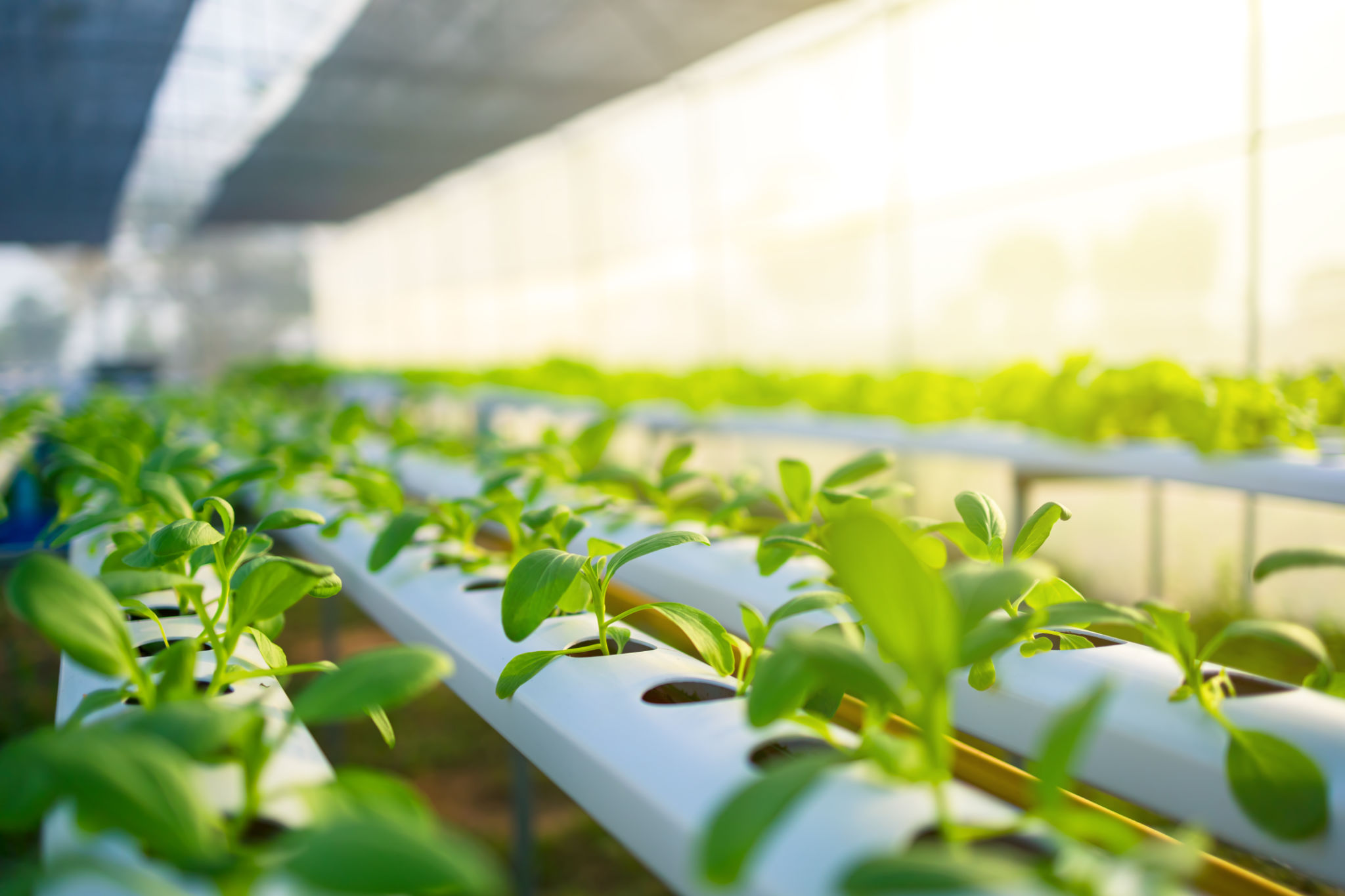Hydroponics vs Traditional Farming: A Comparative Guide
Understanding Hydroponics
Hydroponics is a method of growing plants without soil, using nutrient-rich water solutions to deliver essential minerals directly to the plant roots. This innovative approach allows for precise control over growing conditions, ensuring optimal plant health and productivity. Hydroponics can be implemented in various systems, such as nutrient film technique (NFT), deep water culture (DWC), and aeroponics, each offering unique benefits and efficiencies.
One of the key advantages of hydroponics is its ability to conserve water. Traditional farming often requires large amounts of water for irrigation, while hydroponic systems use significantly less, reducing water waste by up to 90%. Additionally, hydroponics can be conducted indoors, making it possible to grow crops year-round, regardless of external weather conditions.

The Advantages of Traditional Farming
Despite the growing popularity of hydroponics, traditional farming remains the most common method of agriculture. Traditional farming relies on soil as the primary medium for plant growth, benefiting from natural processes such as nutrient cycling and microbial activity that support healthy plant development.
One of the major benefits of traditional farming is its ability to produce a wide variety of crops on a large scale. The natural soil ecosystem provides a rich environment for different plants to thrive, which can be challenging to replicate in hydroponic systems. Moreover, traditional farming is often more accessible and affordable for small-scale farmers who may not have the resources to invest in hydroponic infrastructure.
Comparing Environmental Impact
The environmental impact of both hydroponics and traditional farming is an important consideration. Hydroponic systems are often designed to minimize environmental degradation by reducing water usage and eliminating the need for chemical pesticides. However, they can require significant energy inputs for lighting and climate control, especially in indoor setups.

On the other hand, traditional farming can contribute to soil erosion, deforestation, and water pollution if not managed sustainably. The use of fertilizers and pesticides in conventional agriculture has raised concerns about their effects on local ecosystems and human health. Therefore, implementing sustainable practices is crucial for reducing the environmental footprint of traditional farming.
Economic Considerations
The economic feasibility of adopting hydroponics versus traditional farming depends on various factors, including startup costs, scalability, and market demand. Hydroponic systems often involve higher initial investments due to the need for specialized equipment and technology. However, they offer the potential for higher yields per square foot and reduced resource consumption over time.
Traditional farming generally requires lower upfront costs and is often supported by existing infrastructure and knowledge. However, it may incur higher operational costs related to land use, water consumption, and pest control. Farmers must weigh these considerations carefully when deciding which method to pursue.

Future Prospects
The future of agriculture may involve a combination of both hydroponic and traditional methods. As technology advances, hydroponics could become more efficient and accessible, offering sustainable solutions for urban areas with limited space. Meanwhile, innovations in traditional farming techniques, such as precision agriculture and organic practices, aim to improve productivity while reducing environmental impact.
Ultimately, the choice between hydroponics and traditional farming will depend on individual circumstances, such as location, available resources, and specific crop requirements. By understanding the strengths and limitations of each approach, farmers can make informed decisions that support sustainable food production for future generations.